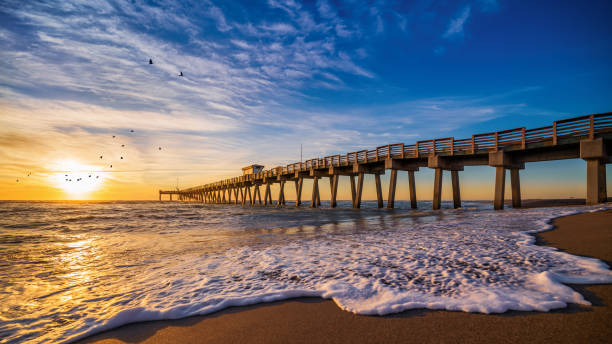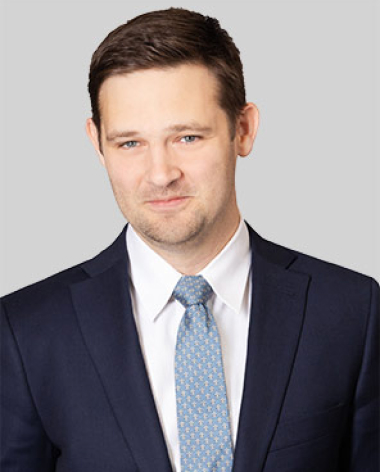Owning a condo in Florida comes with its own set of legal considerations, many of which fall under the scope of the Florida Condominium Act (Fla. Stat. §718). The Act governs every condo, whether it’s older or brand-new construction. If you are a condo owner grappling with repairs, insurance, or even water damage issues, you need to understand your rights and responsibilities under this statute. If you need assistance pursuing a claim in Florida, contact Johns Law Group, PLLC, right away to schedule a consultation.

What the Florida Condominium Act Is and Why It Matters
The Florida Condominium Act governs the formation, operation, and regulation of condominium associations in Florida. There are seven main parts, which include explanations of an owner’s “unit” versus common areas of the complex. From establishing condominiums to the rights and obligations of unit owners, developers, and associations, the Act is a one-stop legal resource. It provides a legal foundation for resolving conflicts, whether a repair dispute or an insurance claim.
Deciphering Florida’s “Declaration of Condominium”
One of the most important documents in the governance of your condominium is the declaration of condominium. Recorded under Fla. Stat. § 718.104(2), this document lays out the framework for developing and operating the condo association. It also delineates the rights and responsibilities of the association and unit owners, especially in property damage or loss. Depending on the circumstances, the association could be liable for repairs and reconstruction in accordance with the original condo plans or pre-loss condition.
Florida Condo Repair Law: Understanding Responsibility Under Florida Statute 718.111
When determining who is responsible for what after a property loss, consult Fla. Stat. §718.111. It requires the association’s board of directors to maintain adequate property insurance covering various elements, including common areas and the building’s structural components. However, unit owners are generally responsible for aspects within the confines of their unit, such as personal property and certain fixtures. A few examples include floors, appliances, window treatments, ceiling coverings, water heaters, and electrical fixtures.
The responsibility for condo repair often depends on the nature of the damage. If an insurable event like a hurricane or fire causes damage to the complex, the association is generally responsible for repairs, as stipulated in Fla. Stat. § 718.111(11)(f). For non-insurable events like wear and tear, negligence, or intentional acts, consult your declaration of condominium for guidance.
Florida Statute 718 and Water Damage
Water damage, often a gray area in condominium law, is generally governed by Fla. Stat. §718.111 when the damage results from an insurable event. In such cases, the association would be responsible for repairing elements like windows and sliding glass doors unless otherwise stated in your declaration of condominium.
It’s not uncommon for condo association insurance companies to deny responsibility for replacing or repairing windows or sliding doors. It happens in cases involving insured events, such as a hurricane. If the damage resulted from a storm or other insured event, speaking with an experienced lawyer is crucial.
Dispute Resolution: What You Need to Know
The Florida Condominium Act also provides for dispute resolution mechanisms. If you are at odds with your condo association, you might be bound by certain avenues for recourse. The Act requires that every residential condo complex have a provision for alternative dispute resolution. Alternative dispute resolution includes legal processes such as mediation or arbitration.
Why Legal Counsel Is Crucial for Florida Condo Disputes
Given the complexities of the Florida Condominium Act and the multiple statutes that might apply, it’s essential to seek experienced legal counsel. Whether you’re dealing with repair issues, water damage claims, or other aspects of Florida statutes 718.111, an experienced lawyer at Johns Law Group, PLLC can help. We primarily deal with cases such as these and can provide invaluable advice and representation. You need a skilled lawyer who can read through your association’s bylaws and the declaration of condominium to decipher who is legally responsible.
Contact Johns Law Group, PLLC
At Johns Law Group, PLLC, our attorneys are deeply familiar with the Florida Condominium Act. As a former insurance defense attorney, Jeremiah Jones knows the specific nuances that govern condominium life in Florida. If you are grappling with any issues related to your condo, our team can guide you through the legal process to ensure your rights are upheld.
Contact us today for a free, no-obligation consultation. Let us review your case and documentation to help you decide on the best legal action when dealing with condo issues.

